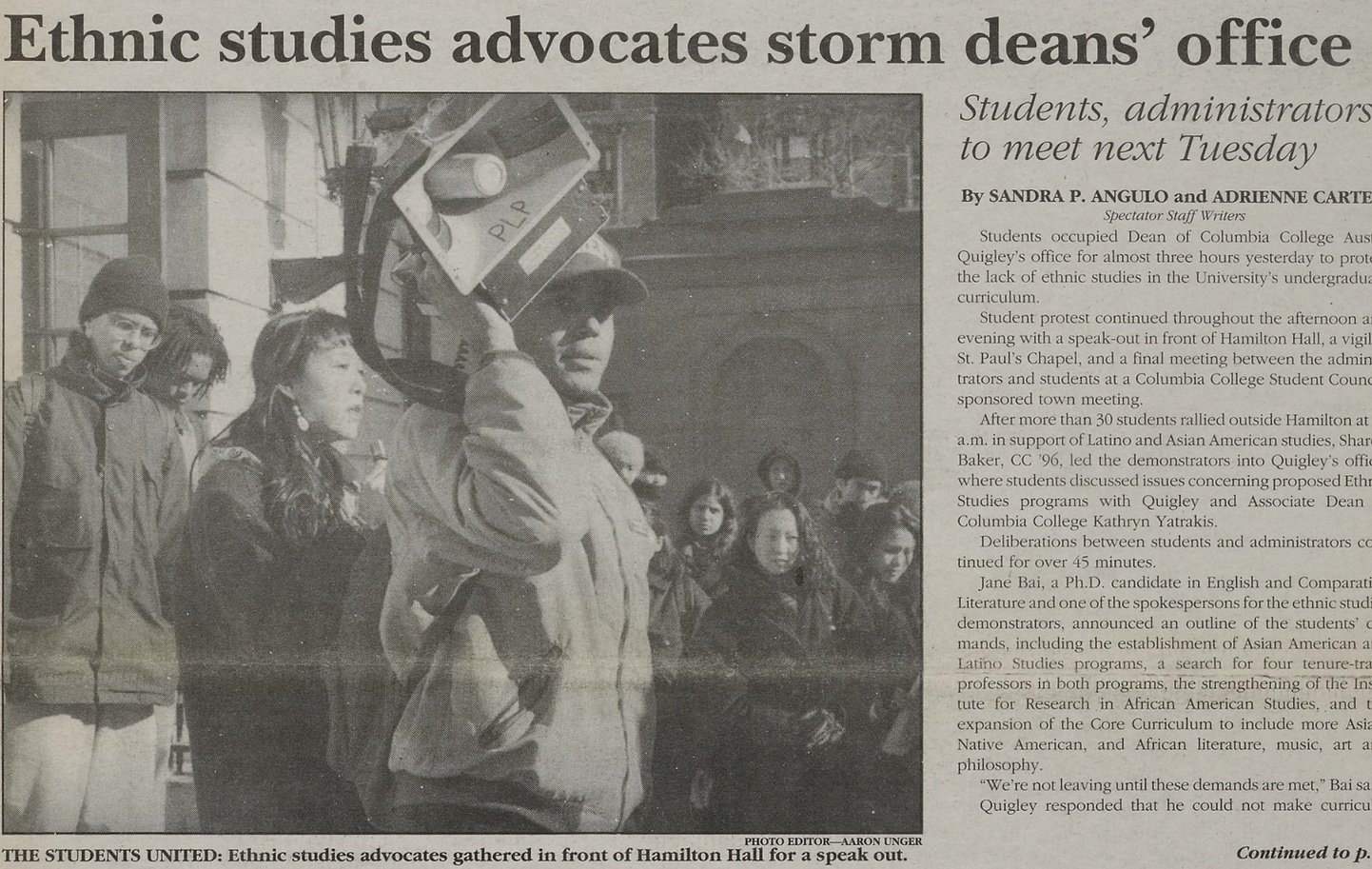
About Roots
Roots is Columbia University's first undergraduate journal dedicated to Ethnicity and Race Studies. Born from nearly three decades of advocacy for ethnic studies scholarship at Columbia, our journal provides an interdisciplinary platform for exploring how race intersects with gender, sexuality, class, age, ability, and nationhood.
Our Mission
We believe that ethnic studies transcends traditional academic boundaries. Every form of knowledge production—whether artistic, historical, scientific, or political—is touched by race. Following Paulo Freire's philosophy of horizontal scholarship, we reject colonial hierarchies of knowledge and embrace an approach where all forms of scholarly and creative expression are equally valued.
-
We publish a diverse range of content including:
Academic research papers that push boundaries in ethnic studies
Creative writing that engages with themes of race and ethnicity
Visual art and photography that explores identity and culture
Ethnographic studies examining diverse communities
Interviews and oral histories preserving important narratives
Multimedia projects that combine different forms of expression
Multilingual works accompanied by translations
-
Our journal operates through collaborative leadership with three main groups:
Core Contributors: Our editorial team consists of diverse editors and creators who curate content across academic literature, creative writing, and visual arts
Featured Contributors: We showcase work from students across all Columbia schools, both graduate and undergraduate
Creative Teams: Specialists in web design, social media, photography, and illustration work together to bring our vision to life
-
We welcome contributions from scholars, artists, writers, and creative thinkers of all backgrounds. Whether you're a student, researcher, or creative professional, you can contribute to our ongoing dialogue about race and ethnicity in the contemporary world.
-
We're particularly interested in work (academic, creative, visual) that:
Challenges traditional academic disciplinary boundaries
Centers and amplifies marginalized voices and perspectives
Engages thoughtfully with issues of colonialism, neo-colonialism, and empire
Takes an intersectional approach to examining race and ethnicity
Experiments with innovative forms and methodologies
-
Yes! As an open-access publication, we're committed to making ethnic studies scholarship available to everyone, both within Columbia University and beyond. We believe that accessible scholarship is crucial for decolonizing knowledge production in academia.
-
Roots stands out through our commitment to bridging the gap between academic research and creative expression. We uniquely combine rigorous scholarship with creative exploration, allowing for more dynamic and inclusive conversations about race and ethnicity. Our multilingual approach and focus on student voices also sets us apart from traditional academic publications.

